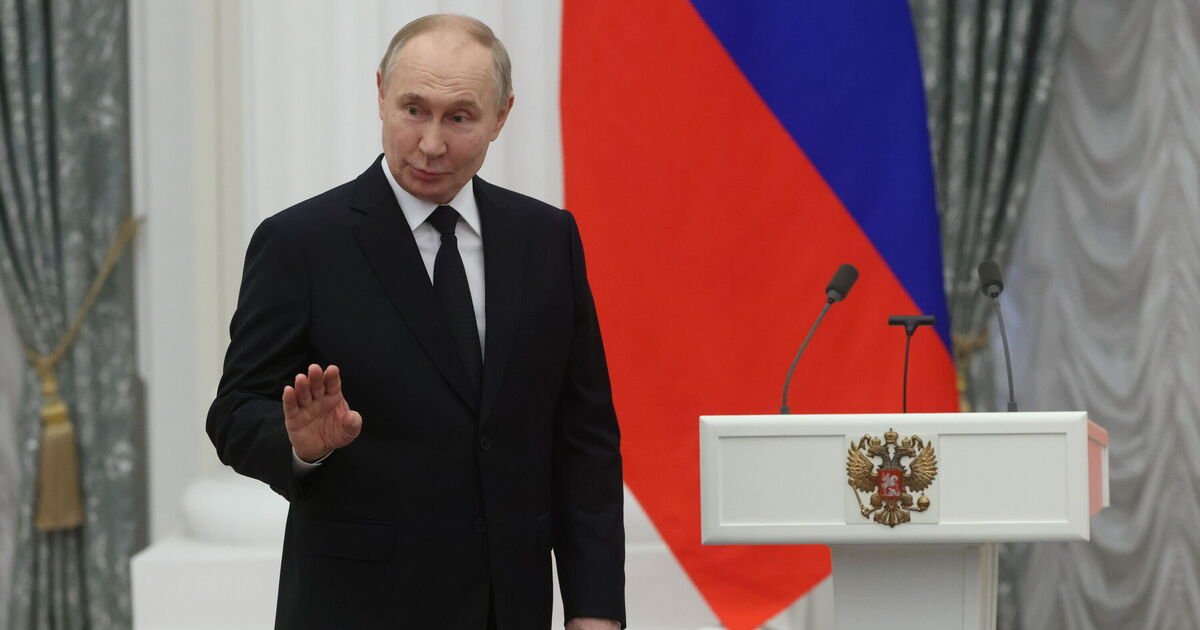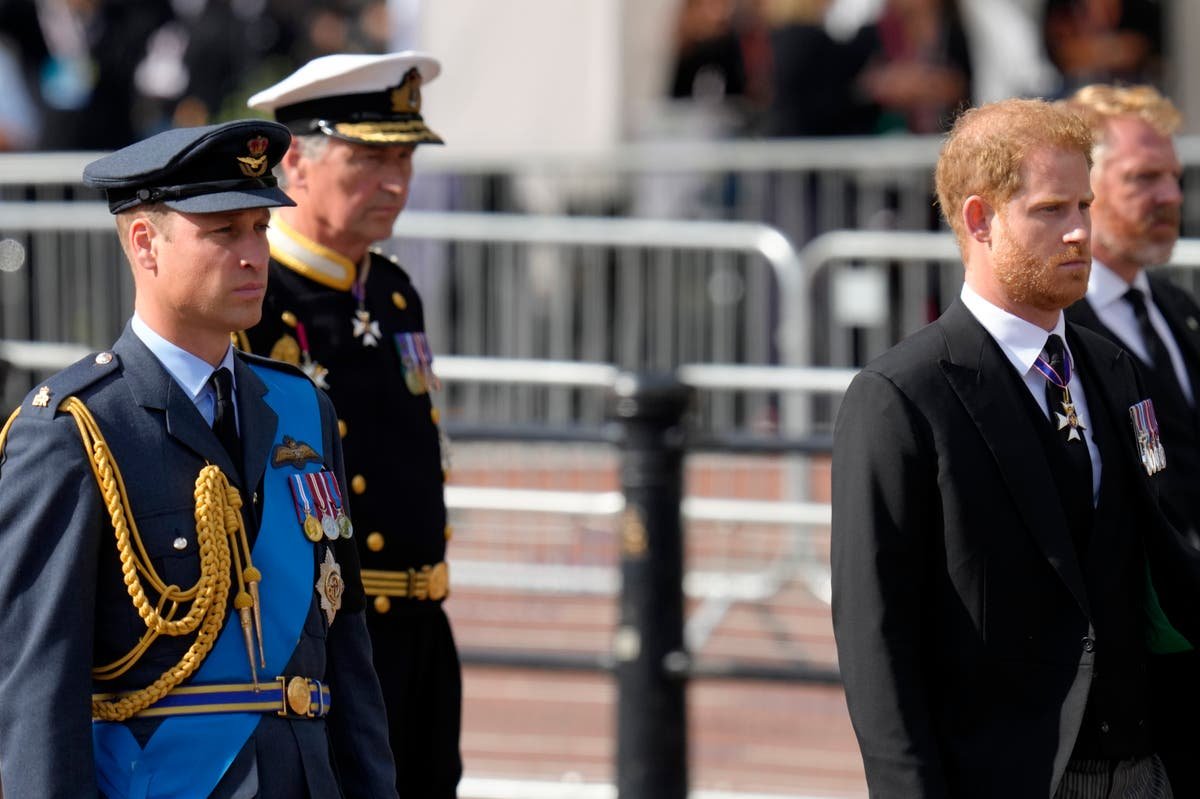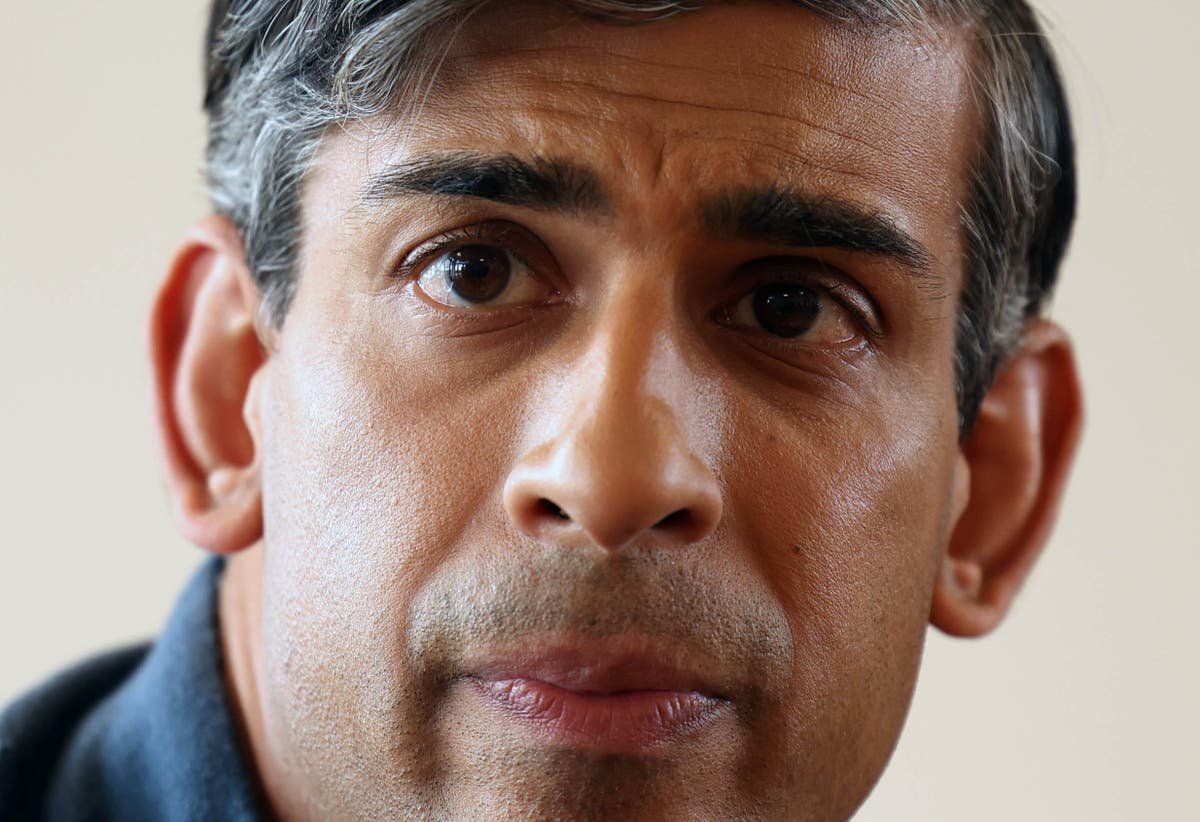A defence expert has pinpointed one of the factors that could determine whether or not Vladimir Putin decides to attack NATO.
Dr Irene Morlino, LSE Fellow in European Security and Defence, told Express.co.uk that politics in the USA could determine whether or not Putin elects to attack Europe in the future.
Dr Morlino explained: “Russia may strike within the next decade, primarily due to how geopolitics will play out. For instance, if a future American president does not support the EU and Europe more generally, this might increase the possibility of a potential strike.”
Dr Morlino’s comments came days after fresh analysis revealed that NATO had just five percent of the air defences it needed to protect its eastern flank against any future Russian attack.

On whether this situation made Europe fatally vulnerable to Russia, Dr Morino said that air defence was not what NATO depended on. What’s more, Dr Morino said the most relevant factor was not money, but time.
She explained: “While it can become more vulnerable, its vulnerability does not depend solely on air defence. The broader issue is the lack of military capacity that can be quickly deployed. Building a robust and strong military industry would take years. Obviously, it will cost a lot, but the most relevant factor to consider is time, and we do not have much of it.
“In times of peace, European defence industries did not produce much in terms of capacities, not just air defence. The EU defence industry is not constructed like others, such as the car industry, which operates on a rolling production system.
“When discussing capacities, procuring military capacities becomes problematic. The European Peace Facility and efforts to enhance defence industries are a response to this issue of procurement of military capacities.”
As to what NATO member states should be doing to bolster their militaries, Dr Morlino said they should strengthen their defence industries and develop “a common defence industrial strategy with increased investments and efforts for interoperability”.
Part of this new defensive capability will incorporate the deployment of drones whose use has been prolific during the Russo-Ukrainian war since 2022. Earlier this year, several NATO countries agreed they would create a “drone wall” as a first defence against Russian drones that would stretch from Norway to Poland.
The announcement was made by Lithuania’s Interior Minister Agnė Bilotaitė who said they would be used by countries to monitor their border areas.
She said: “This is a completely new thing – a drone wall stretching from Norway to Poland – and the goal is to use drones and other technologies to protect our borders […] against provocations from unfriendly countries and to prevent smuggling.”
As to when the drone wall will be built Ms Bilotaitė did not say, but she did suggest EU funds could be used to build it.
She added: “We agreed to hold regional drills to ensure the evacuation of the population, to see how our institutions are prepared to work, to interact with each other, what our capacity is to accommodate people, what the capacity of other countries is, whether they are ready to receive a certain number of our people.
“We still have a lot of questions. we need to look at all those algorithms. Drills would be very valuable as we would look at things, evaluate them and we would strengthen our preparedness.”
The European Union is expected to decide about the drone wall later this year.










